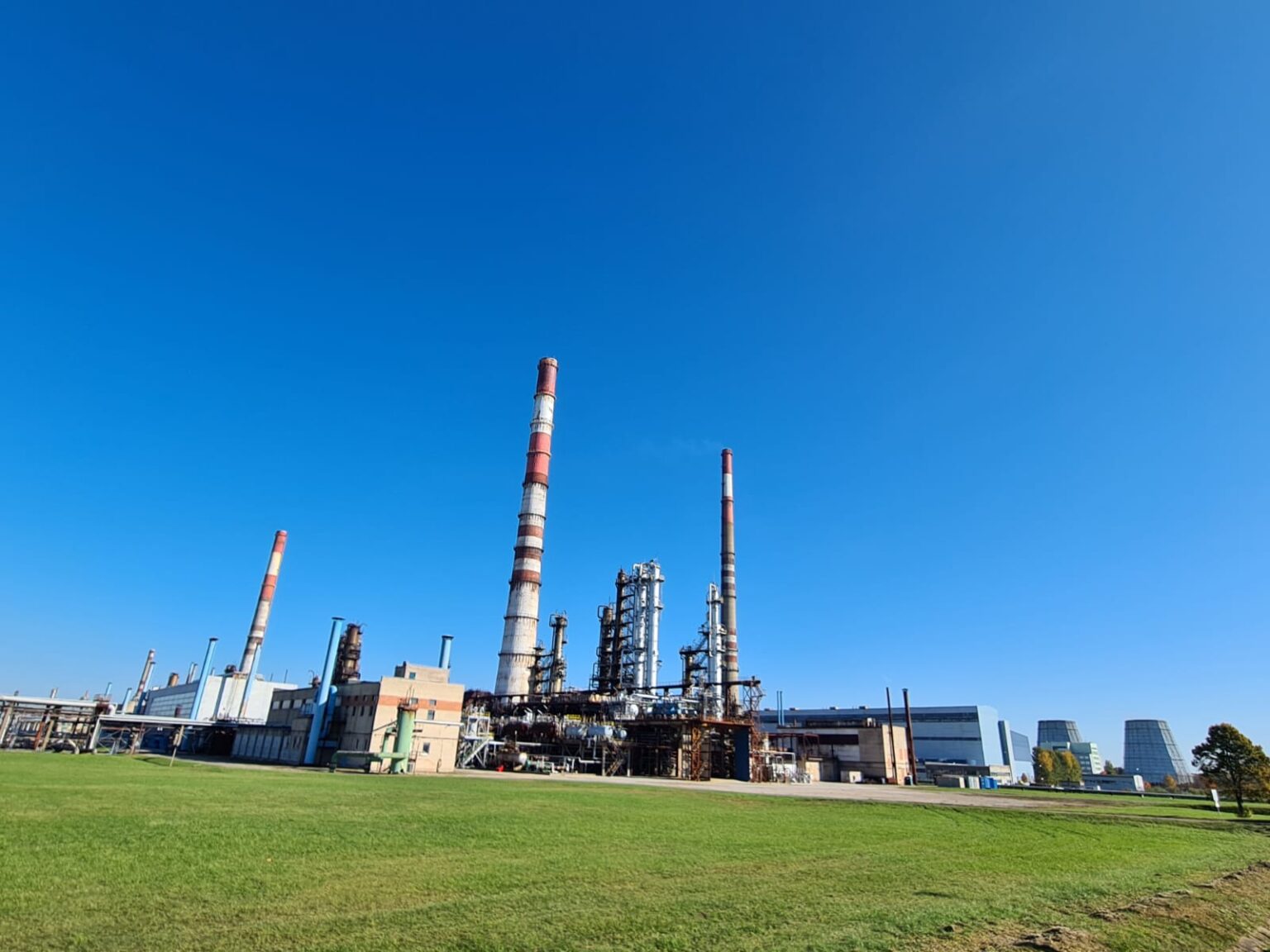Poles were fist in Europe to abandon oil from Russia. They were not able to do this on the Polish or Czech market, where PKN Orlen is present, but they succeeded in the Baltic states thanks to the implementation of the will of the late president Lech Kaczyński in the spirit of Poland’s long-term eastern policy – writes Wojciech Jakóbik, editor-in-chief at BiznesAlert.pl.
A Russian tanker’s final trip to Lithuania
Russia’s invasion of Ukraine was met with more EU sanctions, including in the energy sector. However, the European Union has not yet decided on a full embargo on oil supplies from Russia. Standing in the way are the landlocked member states, which claim they cannot quit Russian oil at least until 2024-27. Czechia, Slovakia and Hungary get their oil from the southern section of the Druzhba Oil Pipeline.
For this reason in December 2022, the European Union imposed a sea only embargo on oil supplies from Russia. The initiative of Poland and Germany to impose sanctions on the entire Druzhba Oil Pipeline, or at least the northern thread supplying oil to them through Belarus, failed. Despite the declaration of Polish Prime Minister Mateusz Morawiecki, PKN Orlen was still implementing a contract with Tatneft in 2023, which is valid until the end of 2024. It was not possible to abandon Russian oil at the end of 2022, but the Russians themselves turned off the tap without giving any reasons. It’s impossible to tell whether they will restore the supply and what Poland will do if this happens, but Warsaw did take some blows from political journalists for not introducing unilateral sanctions. Warsaw did not want to do it so as not to lose competitive advantage over Budapest, which continues to import the Russian fossil fuel as much as possible. The Poles did cut loose Russian seaborne oil, but kept imports via the Druzhba.
Nevertheless, they can be content with themselves as they were the pioneers of quitting Russian oil in… Lithuania. When European countries were only starting to consider an oil embargo, Lithuania, Latvia and Estonia decided on a unilateral decision to stop importing oil from Russia. On April 2, 2022, Vilnius announced it was dropping oil and gas from the Russians. This meant that the Lithuanian refinery Mažeikiai, owned by Poland’s PKN Orlen, had to abandon the Russian commodity due to a political decision made in Vilnius. However, this would not have been possible without proper preparation, for which the Poles were responsible.
Orlen Lietuva announced on March 25, 2022 the abandonment of oil from Russia, a month after the beginning of the invasion of Ukraine and three quarters before the European Union maritime embargo. Orlen’s entry into the Mažeikiai refinery was a political decision dictated by Poland’s late President Lech Kaczyński, who died in a plane crash in Smoleńsk (a town in Russia – ed.) on 10 April 2010. The Poles took advantage of the nationalization of Russian Yukos to seize assets that economically appeared to be post-Soviet scrap metal, but politically provided an opportunity to reverse Russian influence in the oil sector in Lithuania. Today, the Mažeikiai refinery has returned to profitability and supplies increasing amounts of Saudi oil to the Baltic states.
The last docking of a tanker with Russian oil at a Lithuanian port happened in March 2022, because Orlen Lietuva adequately prepared to offer an alternative oil source to the Baltic states, as well as partially to Ukraine. Already around 2020, Mažeikiai tested oil blends different to Russia’s REBCO. This was possible thanks to decreased demand caused by lockdowns. This was a political move, because economically supplies from Russia still appeared to be the most attractive in terms of price. Only the energy crisis and the invasion of Ukraine have reminded how great the costs of maintaining this dependence can be. The Poles were right to part with Russian oil.
The Mažeikiai refinery, which transported goods through Belarus, among other things, had to change its logistics in case of a threat from the East. To this end, the hostile takeover of the oil terminal in Mockava was blocked, when Lithuania warned that entities with Russian capital were interested in it. Thanks to this, the Mažeikiai refinery did not suffer from the stoppage of rail transport from Lithuania to Belarus due to Minsk cooperating with Moscow. Mockava became the only alternative, and it so happened that Orlen bought it in 2021, despite the counterarguments that it would not pay off. This is proof that Orlen Lietuva fulfilled the will of Lech Kaczyński, making the Baltic states independent of Russian influence. This was possible, among other things, thanks to the good relations between the management board and the government in Vilnius. Not everyone knows that CEO Michał Rudnicki is fluent in Lithuanian, which, together with his knowledge of this country, gave him a head start with our neighbors.
Da swidania!
Regardless of the current political disputes in Poland, our Eastern policy has been implemented for years and consistently on less exposed sections. Parting with Russian oil in Lithuania was an excellent and flawlessly executed move by the Polish-Lithuanian tandem and the fruit of successful cooperation between politicians and business led by Orlen Lietuva. The final parting with Russian oil at the level of the Orlen Group is also a matter of time, and in fact it has already occurred at Moscow’s own request, which decided to turn the tap on the Poles.









